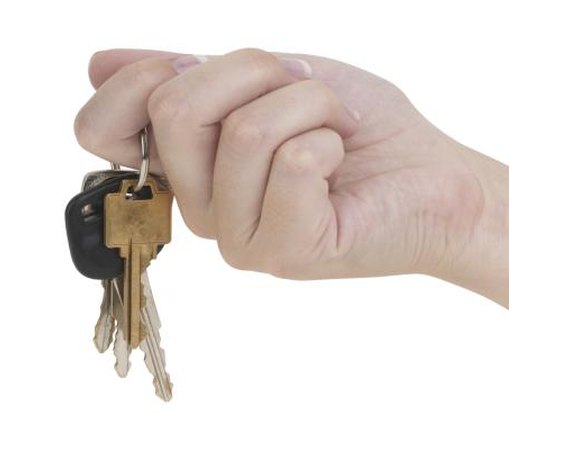
If you do not have your name on a title for a vehicle, you do not have any legal right to the vehicle. You cannot sell the vehicle, legally have work performed on it or register it under your name. Adding your name to a title on a vehicle that is financed is not possible without refinancing the car loan. Refinancing a loan for a car requires applying for a new loan and being approved but will also add your name to the vehicle's title.
Instructions
- 1
Contact the financial institution you would like to use to refinance your current car loan. You can use the current lender or select a new lender. Ask for a car loan application and state there is a current loan that will be refinanced and you wish to add your name to the car title.
2Complete the car loan application. Fill in the information on the parties applying for the loan. This will, usually, include full name, address, date of birth, Social Security numbers, employer and income as well as all of the information regarding the current loan to include name of finance company, year, make and model of vehicle and the payoff amount.
3Return the completed application and bring any copies of items the lender requests. This usually includes copies of recent pay-stubs and proof of identity. Upon successful refinancing of the loan, the lender will have a new title created with the names of the people on the loan added to the title. The lender will be listed as a lien-holder on the title.






















